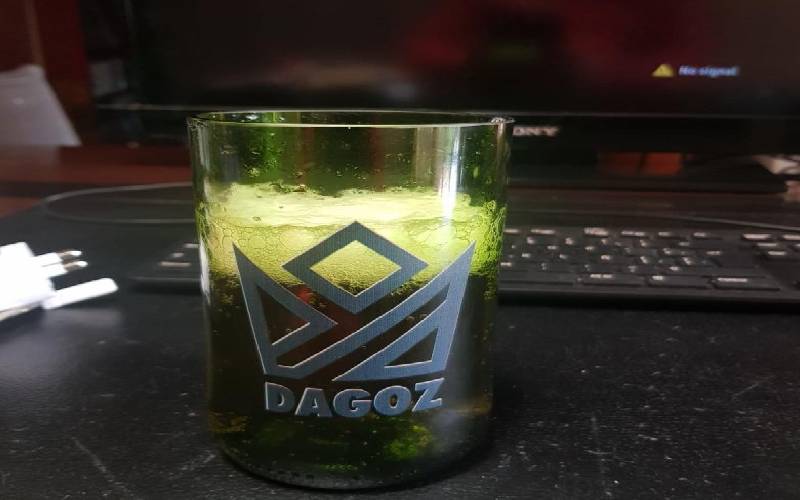×
The Standard e-Paper
Fearless, Trusted News

Dagoretti Corner, along Ngong’ Road, is a popular spot for ravers, party animals and nyama choma lovers. Among the things that make this ‘corner’ so popular is the Dagoretti slaughterhouse, an old abattoir that churns out tons of fresh meat daily.







